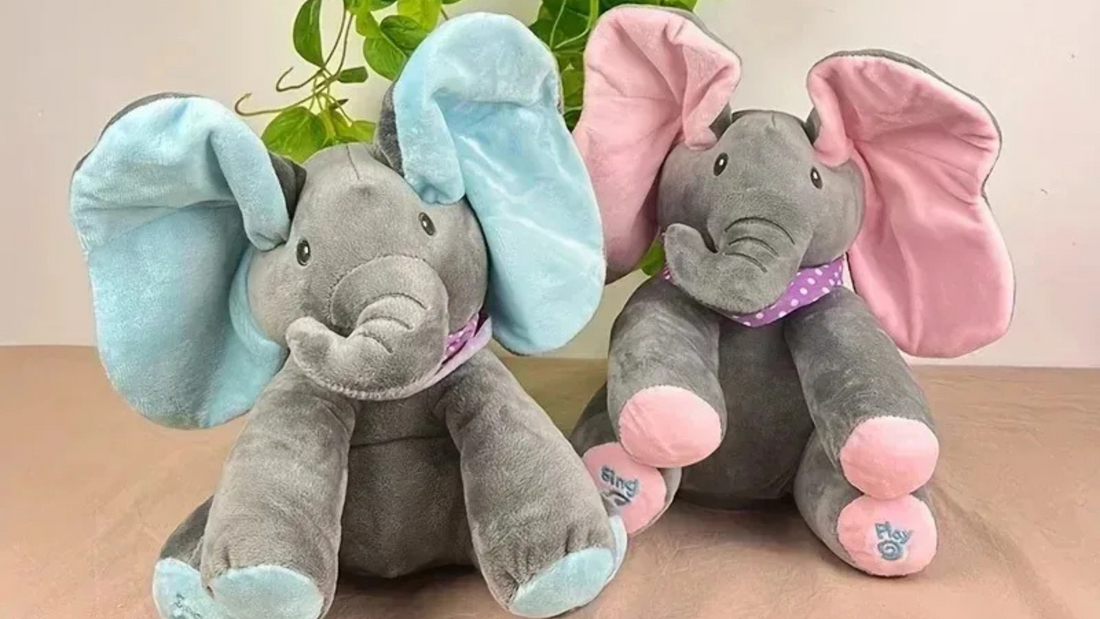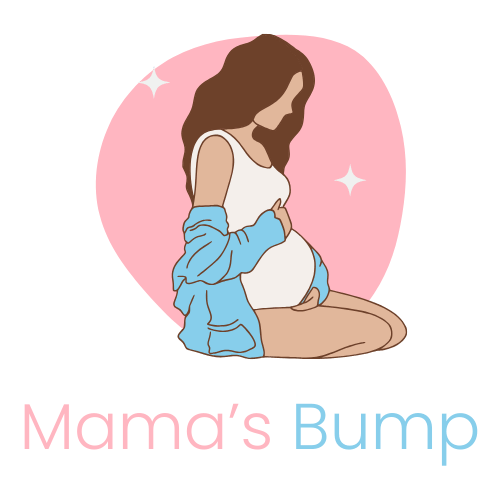
7 Surprising Ways Babies Communicate Before They Can Talk
Share
Think babies can't communicate until they talk? Think again.
From day one, your little one is sending signals — you just need to know how to read them.
Understanding these early signs helps you build a deeper bond, reduce frustration, and feel more confident as a parent. Let’s decode the magic behind baby communication.
🗨️ 1. Crying Isn’t Just Crying
Babies cry differently for different needs. A hungry cry is often rhythmic and low-pitched. A tired cry might start and stop with eye rubbing or yawning. You’ll start picking up the subtle differences before you know it.
👀 2. Eye Contact Is Connection
Around 6–8 weeks, your baby starts holding your gaze. This is a huge moment — it means they’re bonding, learning, and recognising you as their safe space.
👋 3. Hand Movements Tell a Story
-
Clenched fists? Likely hungry.
-
Hands to mouth? Self-soothing.
-
Flailing arms? Overstimulated or tired.
😯 4. Facial Expressions Are Mini Conversations
A scrunched-up nose might mean discomfort, while raised eyebrows can signal curiosity. Mimicking these back helps your baby feel seen and understood.
👂 5. Cooing and Gurgling = First Conversations
Those sweet little noises aren’t random. They’re your baby’s way of practising communication and engaging with you. Responding with your voice helps build language pathways.
🚶 6. Body Language Speaks Loudly
Arching back? May signal gas or discomfort.
Pulling legs in? Could mean tummy trouble.
Turning away? A sign they’re overstimulated and need a break.
😴 7. Sleep Cues Are Communication Too
Red eyebrows, zoning out, yawning — these are all ways your baby says, “I’m ready for sleep.” Spotting them early helps avoid overtired meltdowns.
🍼 Final Thought:
Tuning into your baby’s early signals can help you feel more connected and less stressed. Trust your instincts — you’re learning each other every day.
Support your baby’s development with safe, comforting gear from day one.
👉 Explore interactive plush toys now at Mama’s Bump™
